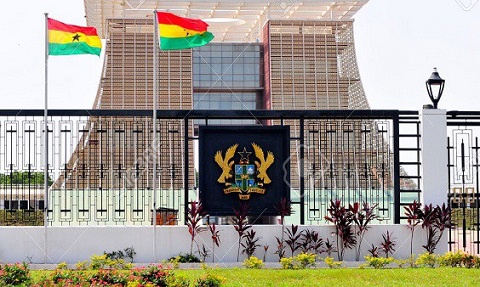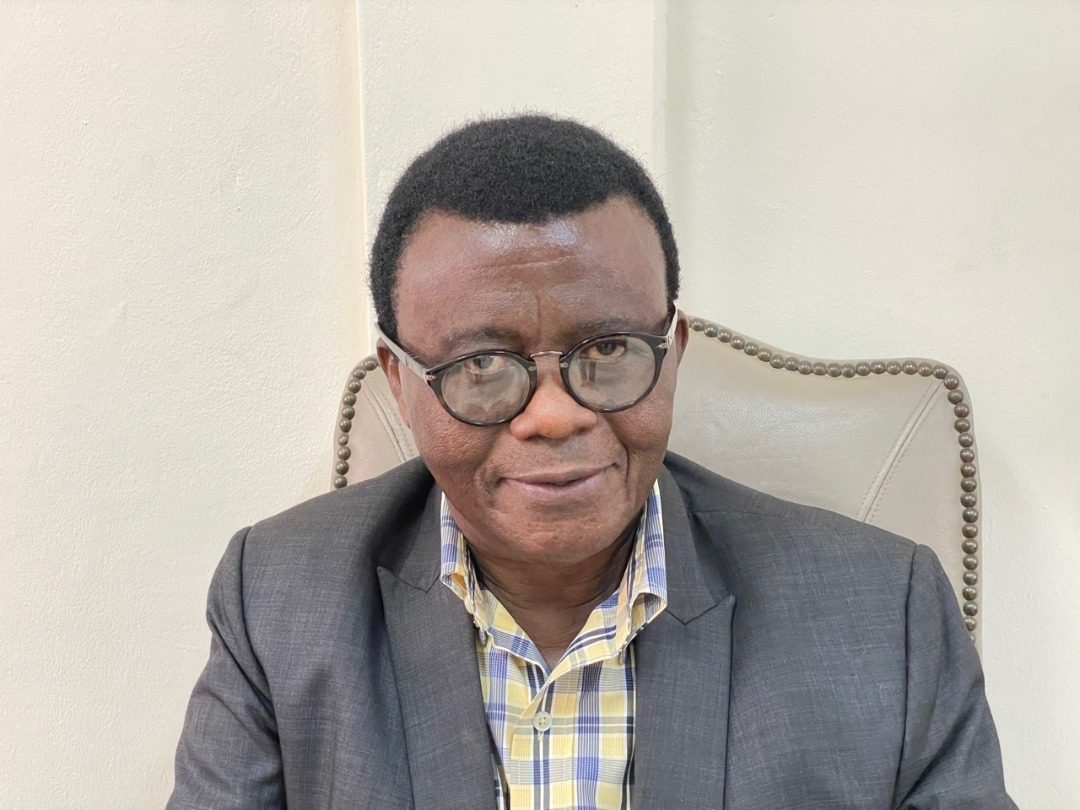



In a stark warning, Attorney-General Godfred Yeboah Dame has highlighted the pressing need for reform in Ghana's arbitration laws, stating that claims against the government could exceed $9 billion over the next four years, potentially crippling the nation's economy. Speaking at a conference in Accra on November 5, 2024, Dame outlined specific cases that illustrate the severity of the issue, including ENI/Vitol's initial claim of $7 billion, which was later reduced to $915 million, as well as claims from Cassius Mining Ltd for $300 million, GCNet for GHC4 billion (approximately $250 million), and Eland for $320 million [04b3f4fb].
Dame's remarks come at a time when the Ghanaian economy is already facing significant challenges, including high inflation and a struggling currency. He emphasized that without urgent reforms to the arbitration laws, the government could face a barrage of claims that would further destabilize the economy [04b3f4fb].
This situation is compounded by previous discussions among business leaders, such as Stanley S. Felten, who recently called for government officials to forgo their ex-gratia payments to help alleviate economic pressures on the populace. Felten's appeal was made in the context of a report revealing that around 7.3 million Ghanaians are multi-dimensionally poor, underscoring the need for immediate government action [891efaab].
Additionally, Dr. Humphrey Ayim Darke, President of the Association of Ghana Industries, has been vocal about the necessity of structural reforms to address high interest rates and other economic burdens on businesses. He has urged political parties to prioritize these issues in their upcoming electoral manifestos [12205caf].
As the government grapples with these multifaceted challenges, the collective insights from legal and business leaders point to a critical juncture for Ghana's economic future. The need for cohesive strategies that address both legal frameworks and economic policies is more urgent than ever, as the country seeks to stabilize and grow in a challenging global landscape [a84fbf51].